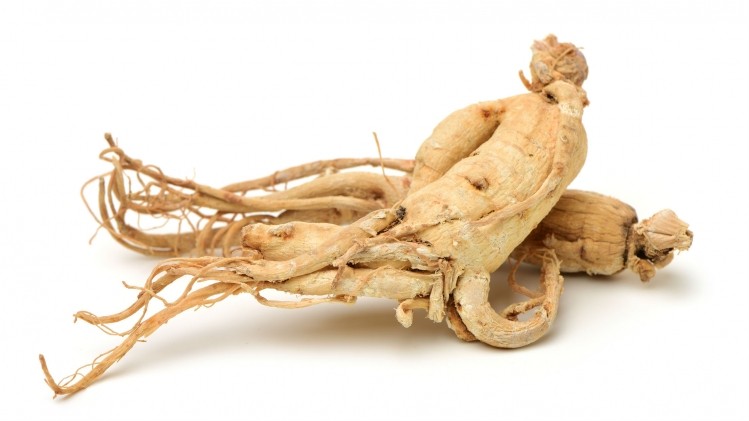Korean ginseng, scientifically known as Panax ginseng, has long been revered in traditional medicine and wellness practices for its numerous health benefits. This ancient herb, cultivated for thousands of years in the rich soils of Korea, is celebrated not just for its medicinal properties but also for its cultural significance sâm gói hàn quốc. Let’s delve into the fascinating world of Korean ginseng, exploring its origins, benefits, and modern applications.
A Brief History
The history of Korean ginseng dates back over 2,000 years. It was first documented in the ancient texts of the Donguibogam, a traditional Korean medical encyclopedia. This remarkable root has played a vital role in Korean culture, often associated with vitality and longevity. Throughout history, ginseng has been used as a powerful tonic, believed to enhance overall well-being and promote resilience against various ailments.
The Unique Growing Conditions
Korean ginseng thrives in the mountainous regions of Korea, particularly in the provinces of Gangwon and Gyeonggi. The climate, characterized by distinct seasons, coupled with the nutrient-rich soil, creates ideal conditions for cultivating high-quality ginseng. The root typically takes about six years to mature, with older roots considered more potent and valuable. This lengthy cultivation period is a testament to the dedication and expertise of Korean farmers who preserve traditional growing methods.
Health Benefits of Korean Ginseng
Korean ginseng is a powerhouse of health benefits, making it a popular choice among herbal enthusiasts and health-conscious individuals alike. Here are some of the most notable benefits:
1. Boosting Energy and Stamina
One of the most recognized benefits of Korean ginseng is its ability to enhance energy levels and physical performance. Studies suggest that ginseng can help reduce fatigue and improve exercise capacity, making it a favorite among athletes and those with demanding lifestyles.
2. Enhancing Cognitive Function
Korean ginseng is known for its positive effects on brain health. Research indicates that it may help improve memory, focus, and cognitive performance. Its adaptogenic properties contribute to reducing stress and enhancing mental clarity.
3. Supporting Immune Function
Regular consumption of Korean ginseng can bolster the immune system, helping the body resist infections and illnesses. Its antioxidant properties play a crucial role in protecting cells from oxidative stress and inflammation.
4. Promoting Sexual Health
Korean ginseng has been traditionally used to enhance sexual health and libido. Studies show it can improve erectile function and increase sexual desire in both men and women, making it a popular natural remedy for sexual wellness.
5. Regulating Blood Sugar Levels
Emerging research suggests that Korean ginseng may help regulate blood sugar levels and improve insulin sensitivity. This makes it a valuable supplement for individuals with diabetes or those looking to maintain stable blood sugar levels.
Modern Applications and Consumption
Korean ginseng is available in various forms, including dried roots, powders, capsules, and teas. Each method of consumption offers unique advantages. For instance, ginseng tea is a soothing way to enjoy its benefits, while capsules provide a convenient option for those on the go.
In recent years, the popularity of Korean ginseng has expanded beyond traditional medicine. It is now a common ingredient in dietary supplements, health foods, and beauty products, reflecting a growing interest in holistic wellness.





